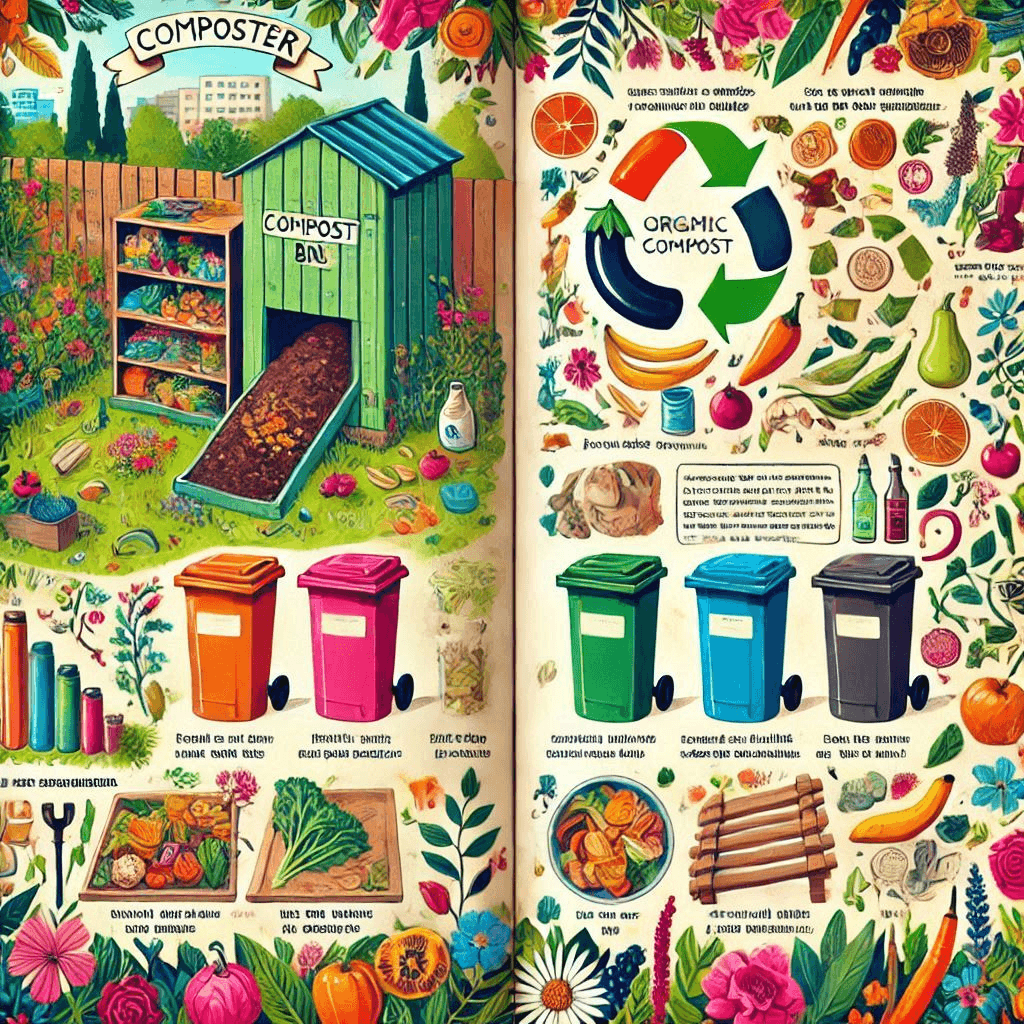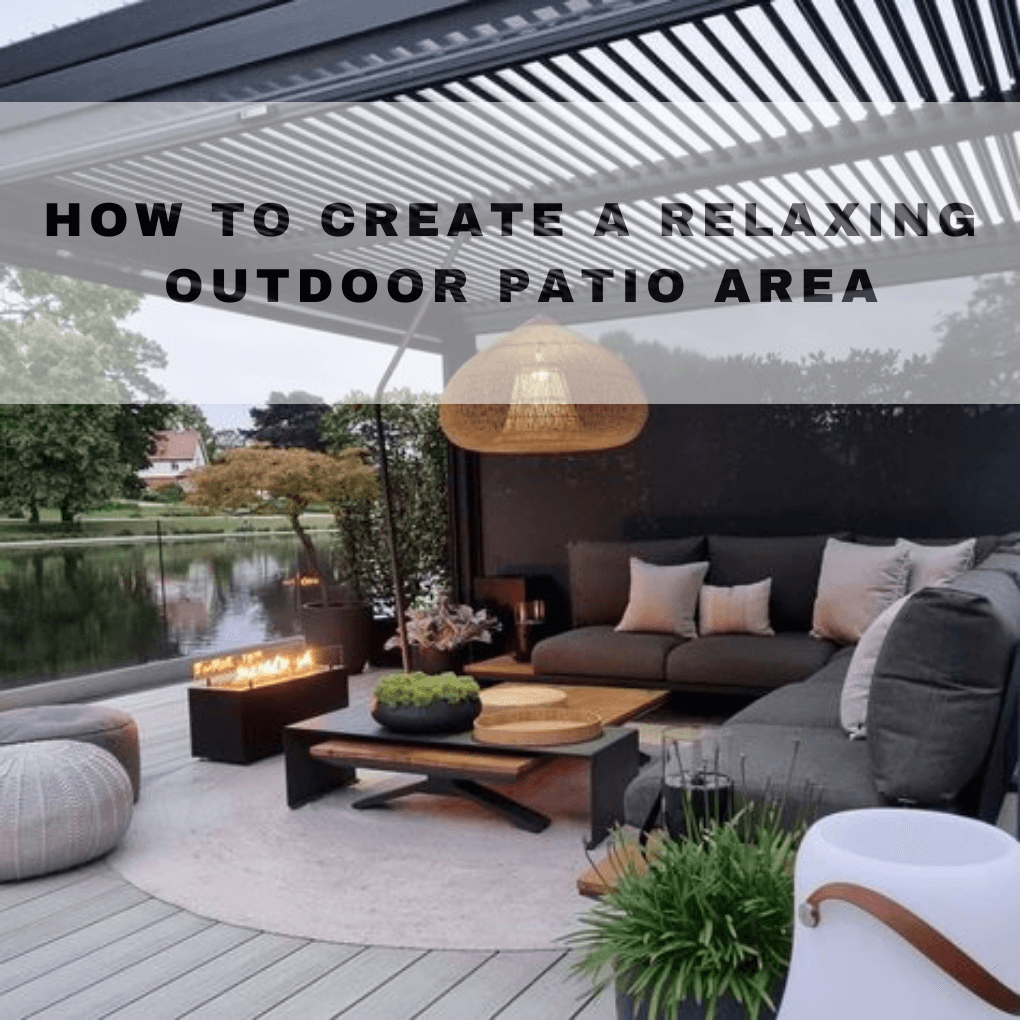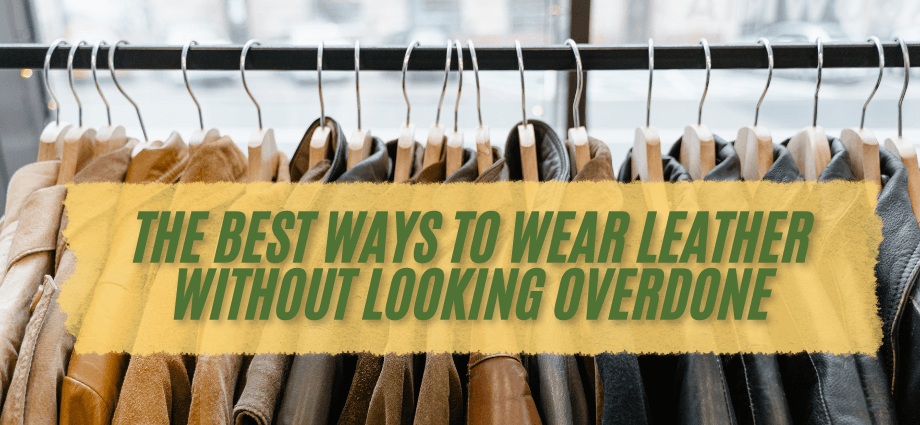Composting is a simple and natural process of recycling organic waste into rich, nutrient-packed soil that helps your garden thrive. It’s an eco-friendly practice that benefits not only your garden but also the environment. By learning the basics of composting, beginner gardeners can make a huge difference in soil health, plant growth, and reducing waste that ends up in landfills.
In this guide, we’ll walk you through everything you need to know about composting, from understanding the process to maintaining your compost bin. Whether you have a small balcony garden or a large backyard, composting is a great way to make your garden greener and more sustainable. Let’s get started!
What is Composting?
Definition of Composting
Composting is the natural process of decomposing organic materials like food scraps, leaves, and grass into a dark, crumbly substance called humus. This material is rich in nutrients and is used to improve the quality of soil.
How Composting Helps the Garden
Compost is like a natural fertilizer for your garden. It enriches the soil by adding important nutrients like nitrogen, phosphorus, and potassium, which are vital for plant growth. Compost also improves soil structure, making it easier for plants to access water and nutrients.
- Compost helps retain moisture, which is especially important in dry conditions.
- It encourages healthy microbial activity in the soil, which supports plant health.
- Composting reduces the need for chemical fertilizers, making your garden more eco-friendly.
By adding compost to your garden, you create a thriving ecosystem in the soil that supports healthy plants and reduces the need for synthetic chemicals.
Why Composting is Important for Gardeners
Reduces Waste
Composting helps reduce the amount of waste sent to landfills. Every year, tons of food scraps and yard waste are thrown away, but much of it can be composted. When you compost, you are not only creating healthy soil but also minimizing your environmental impact.
Improves Soil Quality
Compost adds organic matter to the soil, which improves its texture and structure. Healthy soil holds moisture better, drains properly, and allows plants to grow strong and deep roots. Over time, regular composting can transform poor, sandy, or clay-heavy soil into fertile, well-draining soil.
Helps the Environment
By composting, you reduce the need for synthetic fertilizers and pesticides that can harm the environment. Organic compost provides nutrients naturally, without the harmful chemicals that can pollute water sources and harm beneficial insects like bees and butterflies.
Benefits of Composting:
- Reduces landfill waste and the release of methane gases.
- Lowers the need for chemical fertilizers and pesticides.
- Encourages biodiversity in your garden by fostering healthy soil organisms.
Composting is a great way for gardeners to support a cleaner, healthier environment while enriching the soil at the same time.
Getting Started with Composting
Choosing the Right Compost Bin or Pile
As a beginner, one of the first things you need to do is decide whether to use a compost bin or a simple compost pile. Compost bins are often closed systems that help control the composting process. You can purchase compost bins or build one yourself using simple materials. Alternatively, if you have space, you can create an open compost pile.
Types of Composting Systems:
- Compost Bins: Enclosed systems that help control the decomposition process and minimize odor.
- Compost Piles: Open piles that allow air to circulate freely, but may require more frequent turning.
- Tumbler Composters: Rotating bins that speed up the composting process by easily mixing materials.
Selecting the Right Location
When choosing a spot for your composting system, keep these things in mind:
- Pick a well-drained location where water won’t pool.
- Choose a place with good airflow to speed up decomposition.
- Keep the compost near your garden, but not too close to your house to avoid odors.
What to Compost
Most organic materials can be composted, including:
- Fruit and vegetable scraps
- Coffee grounds and tea bags
- Grass clippings and leaves
- Eggshells and nutshells
These materials break down quickly and provide a good mix of nutrients for the soil.
What Not to Compost
While many items can be composted, there are also things you should avoid.
- Meat, dairy, and oils: These attract pests and take too long to break down.
- Diseased plants: Composting these can spread disease in your garden.
- Weeds with seeds: These can grow back if not composted properly.
How to Maintain Your Compost
Turning the Compost
To keep your compost healthy and break it down quickly, you’ll need to turn it regularly. This helps mix the materials, prevent it from becoming too compact, and allows air to reach the inner layers. You can use a pitchfork or compost aerator to turn the pile once every 1-2 weeks.
Keeping the Right Balance of Materials
A good compost pile needs a mix of “greens” and “browns”. Greens include nitrogen-rich materials like food scraps and grass clippings. Browns are carbon-rich materials like dry leaves and cardboard. A balanced compost pile will break down more efficiently.
Green Materials:
- Fruit and vegetable scraps
- Coffee grounds
- Fresh grass clippings
Brown Materials:
- Dried leaves
- Straw
- Shredded paper
Monitoring Moisture Levels
Your compost should be moist, like a wrung-out sponge. If it’s too dry, it will decompose slowly, and if it’s too wet, it can become smelly and soggy. Adjust moisture by adding water during dry spells or adding dry materials like leaves if it’s too wet.
Troubleshooting Common Composting Problems
Compost Doesn’t Heat Up
If your compost isn’t heating up, it may not have enough nitrogen. Add more green materials like fruit scraps or grass clippings. You can also try turning the pile more often to increase airflow.
Compost Smells Bad
Bad odors usually mean the compost is too wet or has too much food waste. To fix this, turn the pile to add air and mix in some dry materials like leaves or straw. You can also avoid composting too much food waste at once.
Pests in the Compost Bin
Pests like rodents and flies may be attracted to food scraps. To prevent this, cover food scraps with a layer of browns or use a closed compost bin with a lid. Avoid composting meat and dairy, as these attract pests.
Conclusion
Composting is a simple and rewarding practice that can benefit your garden and the environment. By following these basic steps and being patient, you’ll soon have your own supply of nutrient-rich compost. Whether you’re a beginner gardener or an experienced one, composting is a sustainable and effective way to improve your soil and grow healthier plants. Start composting today, and enjoy the rewards of a greener, more productive garden!




